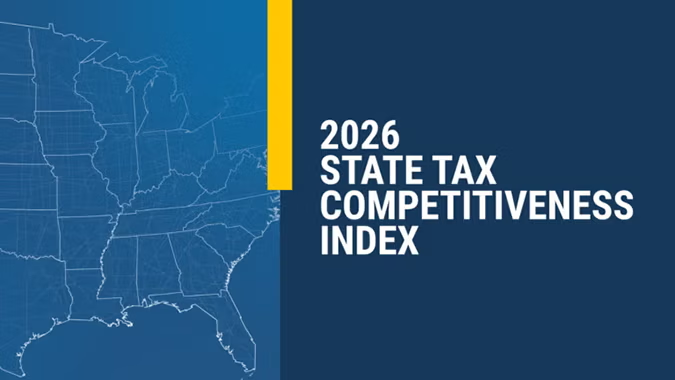NJBIA testified in support of a bill advanced by a Senate committee on Monday that would make New Jersey’s corporate tax policies more competitive with other states by changing the way global intangible low-taxed income (GILTI) and net operating losses (NOLs) are treated under state law.
In prepared written testimony for the Senate Budget & Appropriations Committee regarding bill S-3737 (Sarlo, D-36), NJBIA Chief Government Affairs Officer Christopher Emigholz said most states do not tax income earned abroad by U.S.-controlled corporations. New Jersey, however, is a national outlier that only allows corporations to deduct 50% of GILTI from their tax base.
“New Jersey taxes the highest percentage of GILTI at 50%, like only a handful of states do,” Emigholz said. “Of our neighbors, New York and Connecticut only tax 5% of it, while Pennsylvania does not tax GILTI. New York changed from 50% to 5% several years ago.
“Being a GILTI outlier harms our competitiveness with multi-national corporations and discourages their investments in New Jersey,” Emigholz said.
The bill would also make the tax code more taxpayer friendly in the way it treats net operating losses (NOLs) by allowing the sharing of NOLs by combined businesses.
“Current law does not allow the pooling of NOLs between combined businesses resulting in the inability to fully utilize them, and the current ordering of them also limits their full use,” Emigholz said. “This bill allows the sharing of NOLs between combined businesses so that they are not locked away or captured, and changing the order would end them being partially absorbed by the dividends received deduction.
“S-3737’s improved NOL treatment would make us more competitive for startup companies and all corporations with NOLs,” he said.
Emigholz also strongly rejected the notion that S-3737 is a “fast-tracked” bill, as reported in the media over the weekend.
“This is complex legislation that has actually been painstakingly worked on for over a year, involving much collaboration and compromise between state government and business stakeholders,” Emigholz said. “Additionally, it was introduced in March with a recent discussion-only hearing and before today has yet to have a vote.
“The Murphy administration, the Treasury Department and its Division of Taxation deserve credit for reaching out to the business community to negotiate this bill,” Emigholz said. “It is a good government compromise that should be a model for future complicated reforms.”
The Senate Budget & Appropriations voted to release the bill.




